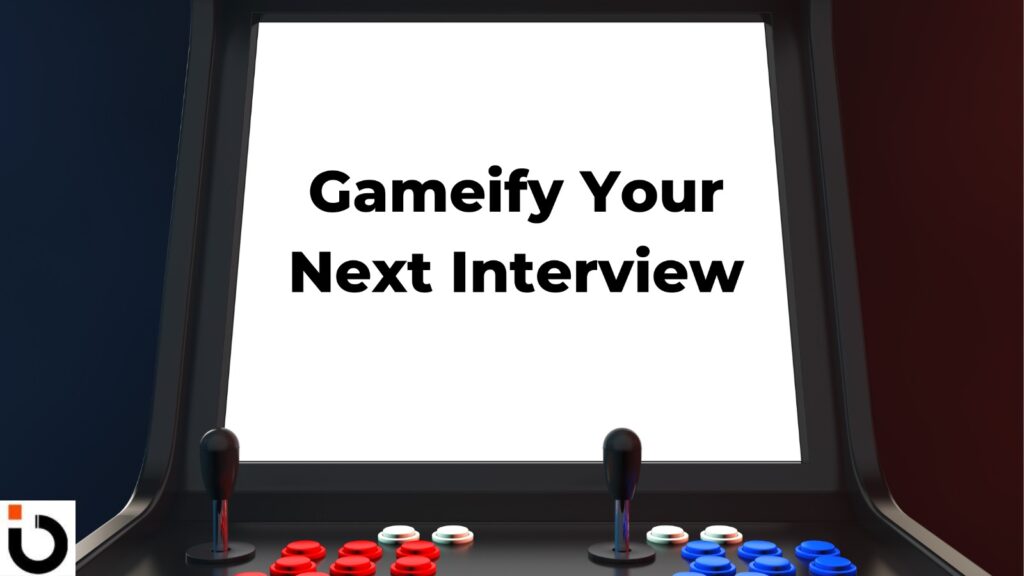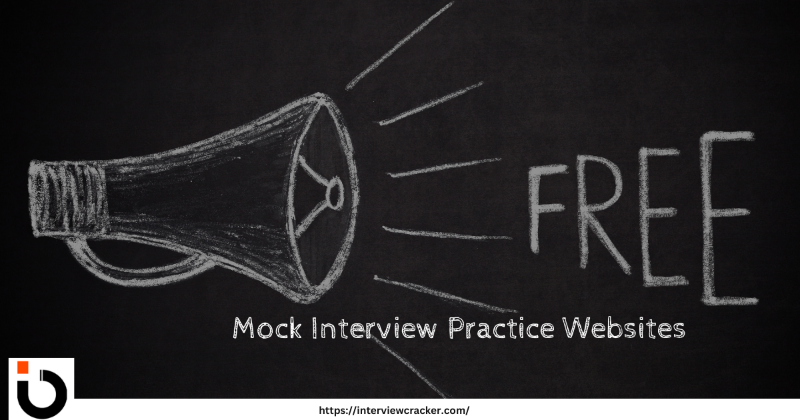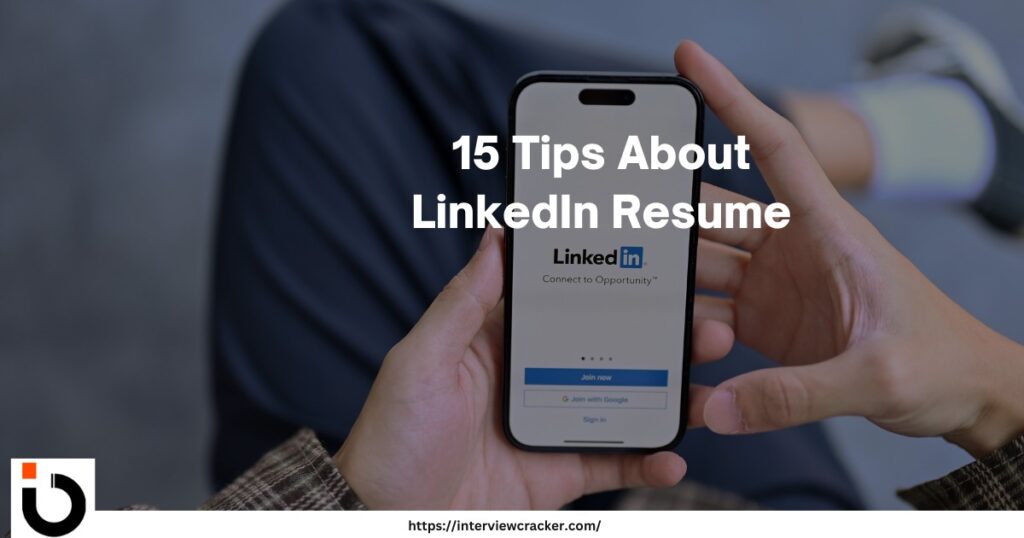I’ve always been a puzzle person. Long before I started prepping for job interviews, I spent hours hunched over chessboards, scribbling Sudoku solutions, and mindlessly shuffling virtual Solitaire decks. But here’s the funny thing: the more I prepped for behavioral interviews—those nerve-wracking conversations where hiring managers ask, “Tell me about a time you failed…” or “How do you handle conflict?”—the more I realized my favorite games weren’t just distractions. They were secret training tools.
Chess taught me to think three moves ahead. Sudoku trained me to spot patterns in chaos. Solitaire showed me how to adapt when plans fall apart. And all of them? They gave me a playbook for answering behavioral questions with confidence. Let me explain how—and how you can use these games to turn interview anxiety into your superpower.
Table of Contents
ToggleChess: Strategy, Patience, and the Art of Storytelling
When I first started playing chess, I’d rush. I’d sacrifice my queen for a cheap thrill, only to get checkmated two moves later. Sound familiar? Behavioral interviews can feel the same way. You’re tempted to blurt out the first answer that comes to mind, only to realize halfway through that you’ve painted yourself into a corner.
But chess taught me to slow down and plan. Every move should set up the next one. Behavioral interviews work the same way. Take the classic question: “Tell me about a time you led a team.” Rushing into a story about that one college group project might seem safe, but what if the interviewer follows up with, “How did you handle conflicting opinions?” or “What would you do differently now?”
Here’s where chess thinking kicks in:
Anticipate follow-ups. Before answering, ask yourself: What’s the deeper skill they’re testing here? Leadership stories aren’t just about titles—they’re about conflict resolution, empathy, and decision-making.
Build a narrative arc. Just like positioning your pieces for an endgame, structure your answer with a beginning (the challenge), middle (your actions), and end (the result and what you learned).
Stay calm under pressure. In chess, panic leads to blunders. In interviews, pause for 2 seconds, breathe, and say, “Let me think of the best example to share.”
Pro Tip: Practice storytelling by analyzing your chess games. Why did you make that move? What did you learn from losing that bishop? Translate that reflection into interview answers: “I initially struggled with X, but it taught me Y.”
Sudoku: Problem-Solving, Process, and Attention to Detail
I used to hate Sudoku. All those tiny numbers made my head spin. But once I learned to focus on process over perfection, everything changed. Sudoku isn’t about guessing—it’s about eliminating possibilities, step by step, until the answer reveals itself.
Behavioral interviews are no different. Take a question like “Describe a time you solved a complex problem.” Newbies panic and ramble. Sudoku players? They break it down:
Start with what you know. Identify the key skills the question targets (e.g., analytical thinking, creativity).
Eliminate irrelevant details. Instead of dumping every detail of that project, focus on the specific problem, your role, and the impact.
Check for gaps. Did you mention the result? Did you explain your thought process?
Here’s the Sudoku mindset in action:
A hiring manager once asked me, “Tell me about a time you failed.” I could’ve spiraled into a rant about a missed deadline. Instead, I treated it like a Sudoku grid:
Problem: Overpromised a client deliverable.
Process: Broke the project into smaller tasks, delegated, and communicated delays early.
Result: Client appreciated transparency, renewed the contract.
By framing failure as a puzzle to solve—not a disaster—I turned a weakness into a story of growth.
Pro Tip: Struggling to articulate your problem-solving skills? [Play Sudoku] daily. Notice how you approach empty grids—methodically, patiently—and mirror that in your answers.
Solitaire: Adaptability, Resilience, and Embracing the Unknown
Let’s be real: Solitaire is 10% strategy and 90% luck. Sometimes the cards just won’t flip your way. But that’s why I love it—it’s a masterclass in adaptability.
Behavioral interviews often throw curveballs: “What would you do if you disagreed with your manager?” or “Describe a time you had to pivot quickly.” These questions test how you handle uncertainty, much like Solitaire’s shuffled decks.
Here’s how Solitaire trained me to pivot gracefully:
Control what you can. In Solitaire, you can’t force aces to appear, but you can maximize your moves with the cards you have. In interviews, focus on what you did in tough situations, even if the outcome wasn’t perfect.
Stay calm when stuck. Ever had a Solitaire game where no moves are left? Instead of rage-quitting, I’d restart and apply lessons learned. Similarly, if an interviewer says, “I’m not sure I follow—can you clarify?” don’t panic. Pause and say, “Let me rephrase that.”
Celebrate small wins. Even losing a Solitaire game teaches you something. In interviews, highlight any positive outcome: “While the project was delayed, we identified a bottleneck that helped future teams.”
Pro Tip: Next time you’re prepping for interviews, play a quick [game of Solitaire] afterward. Notice how you react to losing—it’s a mirror of your resilience under pressure.

Putting It All Together: How to “Gameify” Your Next Interview
Chess, Sudoku, and Solitaire taught me that preparation isn’t about memorizing answers—it’s about training your brain to think strategically, systematically, and flexibly. Here’s how to apply all three before your next interview:
Chess Prep: Map out 5-6 key stories (failures, conflicts, leadership moments). For each, brainstorm 3 follow-up questions a hiring manager might ask.
Sudoku Prep: Use the STAR method (Situation, Task, Action, Result), but add a fourth element: Learning. What did the experience teach you?
Solitaire Prep: Role-play worst-case scenarios. What if your internet dies mid-interview? What if you blank on a question? Practice staying calm and pivoting.
Final Thought: Games Aren’t Just Fun—They’re Practice for Real Life
The next time someone tells you to “stop playing games and get serious about your job search,” smile and keep clicking. Those Sudoku puzzles? They’re honing your attention to detail. That chess habit? It’s building strategic storytelling skills. And Solitaire? It’s teaching you to thrive in uncertainty—the one constant in every job interview.
Mastering Behavioral Interviews is like playing a strategic game—by applying lessons from Chess, Sudoku, and Solitaire, you can sharpen your problem-solving skills, stay composed under pressure, and confidently navigate any question that comes your way.
So go ahead, play a few rounds. Then walk into that interview ready to say, “Let me tell you a story…”




